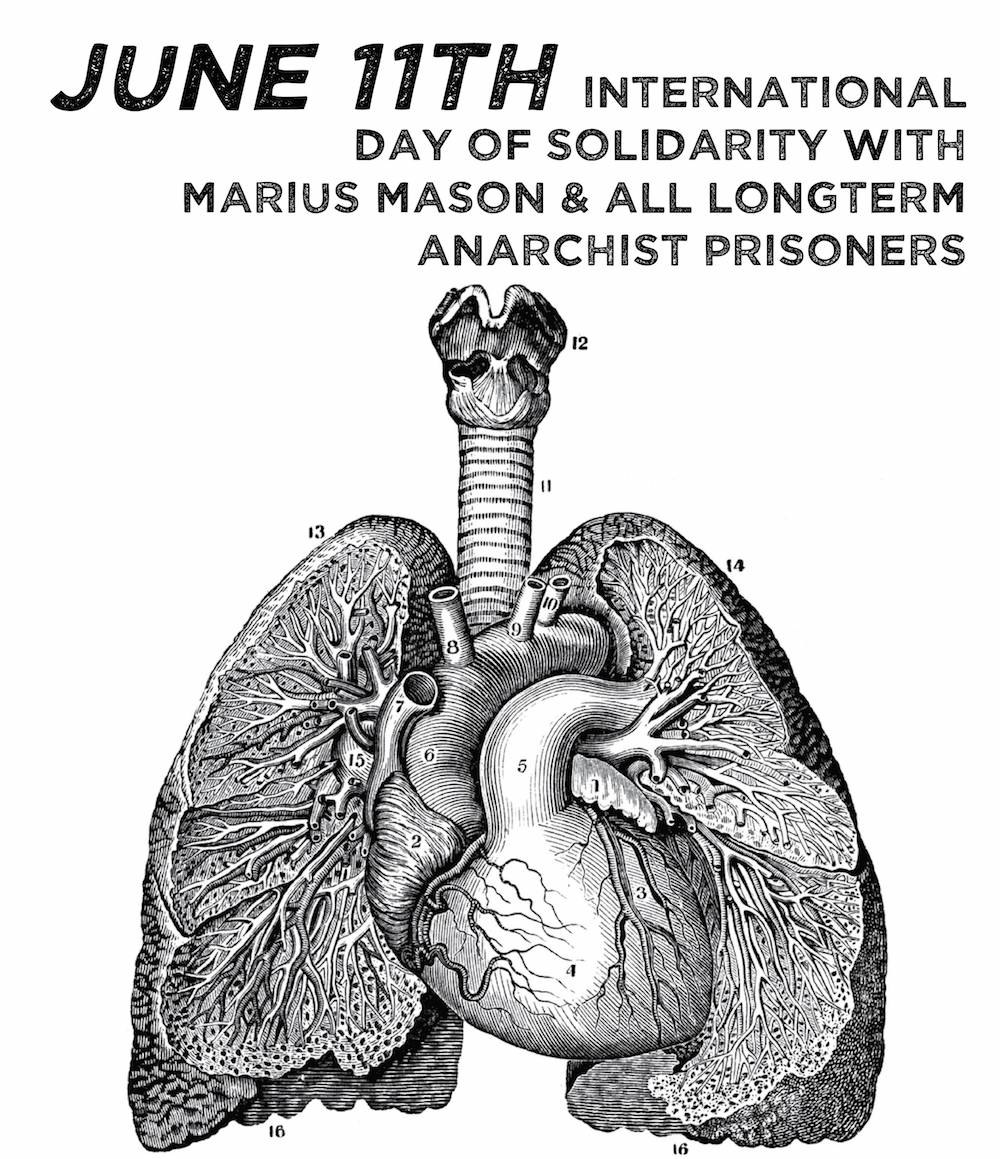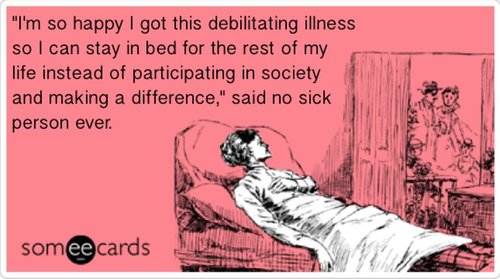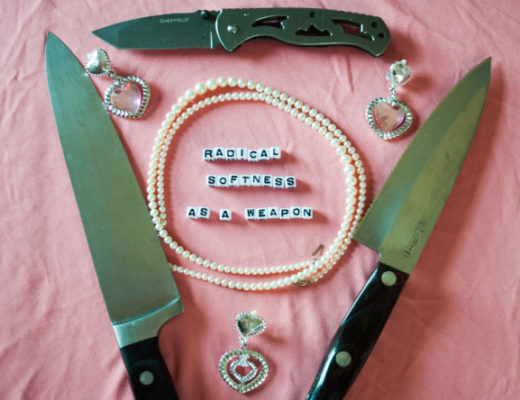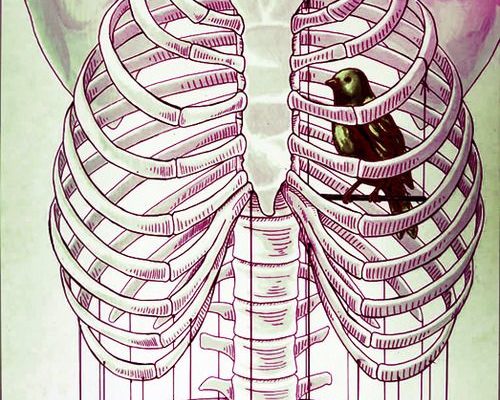This blog was originally hosted at Empty Cages Design.org as part of a series on Overcoming Burnout from 2016-2017. It has now been turned into a book that is available at: https://solidarityapothecary.org/overcomingburnout/
So far I have written about burnout, touching on multiple personal and political issues that have contributed to my current state of health. This blog post is talking about the relentless emotional roller coaster of prisoner support. Something that has sucked the life out of me and pushed me to physical, financial and emotional exhaustion.
June 11th is the International Day of Solidarity with Long term Anarchist Prisoners. People around the world organise solidarity efforts and actions. This post is dedicated to them.
I have no doubt that folks organising this support are likely to have felt the emotions I describe in this blog post. I can only really truthfully share my own experience and can’t speak for others, but I know that I am one of the millions of people around the world that are deeply harmed by the imprisonment of people they love.
For the past 15 years, prisoner support has dominated my life. I have had three partners in prison and multiple close friends for whom I was (or still am) a primary support. I’m now on my 9th year of supporting my best friend serving a life sentence for a murder she didn’t commit. Two years on remand, followed by 4 different solicitor firms that exploited her for legal aid and failed to make tracks – thank god we have a passionate solicitor now who is not intimidated by the police corruption in her case [1].
Another super close friend of mine is an IPP, one of over four thousand people serving indeterminate sentences in England and Wales, for a law now overturned yet not abolished retrospectively [2]. He has done 9 years, six years over his original tariff. He has lost both his parents on this sentence and attempted suicide on multiple times. I have lost count of how many visits I have sat and looked at his stitched-up neck, only millimetres away from death. It is not uncommon to meet IPP prisoners that were sentenced to 15 months for burglary that have served sometimes over a decade. They live in purgatory, never knowing when they will be free; prison stealing their lives and what little sanity they have left.
And while I believe prisoners should be at the centre of conversations around prison, those doing the support work on the outside are also commonly forgotten and invisible. I hope this post sheds some light on the daily experience of thousands.
This is how I commonly feel:
- Alone – There is a loneliness in prisoner support. Politically, it is extremely under-valued work that very few people do in a dedicated way. But when it is someone you love inside, the feeling of loneliness creeps into every cell of your body. Not only do you feel alone in the experience of actually coping with what is happening, but you miss them. You miss them so much sometimes you can’t breathe. If they are a big part of your life and then they are taken away; it is like a gaping hole in your existence that no one or nothing can fill.
- Fear – Prisons control society through fear. Likewise, the fear for people you love behind those walls starts to control your own life. I believe that prisons are inherently violent. The act of caging a human being is violent enough on its own. However prisons are still rife with violence, it is built into their very design. Every day I fear that my friends will be attacked by officers (very rarely by other prisoners but of course it happens, and frequently more so in men’s prisons). I fear that they will self-harm. I fear that they will be successful in their suicide attempts. I fear they will go completely insane. I fear I will let them down or harm them if I’m not able to support them in the way that I want to. These are not ‘irrational’ fears, they are very real, built on years of close-calls and lived experience.
- Lost – When my first partner went to prison at 16, I literally had no idea what I was meant to do. I didn’t know I could book a reception visit, I didn’t know how much money he needed or what the hell I could write in a card. Even now, a decade and a half later, I still feel like I don’t know what I’m doing sometimes. There is no manual for this stuff.
- Anxiety – Missing a phone call from someone in prison ignites a certain kind of anxiety in your chest, especially if it continues and you don’t know what’s happening or how they are. Sitting on a phone for four hours desperately trying to book a visit ignites anxiety. A train being late before a prison visit makes you want to smash glass with your bare fists. I’ve got a lot better with meditation, paying attention to my breathing etc. – but some days literally the only feeling you feel is pure and total anxiety pumping through your veins.
- Dread – One morning I turned up to visit my friend Sam in HMP Holloway. She’d been feeling pretty suicidal but I thought she was improving. I was booked in, searched and ‘processed’, then sat in the busy visits room waiting for her to arrive. I waited. And waited. I asked a screw what the hold up was and they told me they’d make a call. I waited some more. I then got asked to go into a separate room. “She was taken to hospital this morning”. “Is she alive?” I asked. “We cannot disclose that information”. I screamed. I demanded answers but was refused them. I left with a feeling of dread that brought my guts into my mouth. I took the tube, then the train back home, checking my phone every 10 seconds. I repeatedly called the prison. Still no answers. I honestly believed she had died. Just after 5pm that night, I had a call from an officer at the hospital telling me Sam had tried to kill herself. She had quietly saved up her medication and it was a miracle she didn’t die. She discharged herself from the hospital and I returned the next day to once more hold her in my arms. Every time I don’t hear from her, every time she expresses she is suicidal, the same feeling of dread fills my lungs.
- Heaviness and sadness – For anyone that knows me, they know I’m as strong as an ox but as sensitive as a sponge. I suck it all up. Visiting prison weighs on my chest as I witness the unending brutal injustices – the thousands of people locked up for basically being poor and vulnerable, or for those that fought back and took justice into their own hands. You see human beings dehumanised beyond your imagination (and you’re only seeing the ones that actually get visits). A den of trauma and abuse that is so vivid and real it haunts you. My friends that are trapped in prison and experiencing, witnessing and supporting other traumatised people need someone to offload on. So the pain parcel gets passed and you feel like you’ll be buried in their suffering.
- Shame – There is a feeling of shame in being an ex-prisoner, or supporting people inside. Even if you’re defiant and critique the prison system, you still experience the unrelenting judgement and discrimination of others. Mentioning the word generates so many associations. Even when you buy snacks at a store and wait for a minibus to take you to the jail, you know that so many people are watching you and interacting with you like you are the scum of the earth. The prison officers treat you like a piece of shit (like they do prisoners). The media vilify you and penultimately everyone believes it’s your fault that you’re there or it’s your fault these people in prison are your friends.
- Exhaustion – Sometimes holding the weight of the above on a daily basis reduces my body to an exhausted mess. Last year I did 40 prison visits, and I’m sure it’s part of what has knackered my adrenals. Emotionally coping and processing these ever changing feelings is exhausting. Physically traveling to the other side of the country on a weekly basis is exhausting. Working my ass off to pay for my trains and their postal orders each month is exhausting. Organising politically around prisons and navigating the sheer judgement and prejudice is exhausting.
- Trapped – I love my friends in prison, they have taught me so much about what it means to be alive, to be a human being. They have been incredible friends despite the reality they face every day. Their strength and defiance have inspired me so intensely. But there is a feeling of being trapped. I can’t leave England for long because my girl needs to call my landline to off-load and talk, or I want to be here to visit urgently if needed. I feel like my life is on hold even when I’m doing my best to not be limited by this situation.
- Tiny and powerless – My best friend did three months in segregation in HMP Holloway; she had a complete nervous breakdown after months of medical abuse and neglect. She would be brought up from seg for our visits and would tremble in fear. I’ve seen a lot of rescued animals with similar body language – swings of trembling and shaking followed by a frozen lifeless numbness. She was bruised from staff beatings, frequently stripped naked, and had to listen to other women being assaulted in separate cells. Her head would be swollen from banging it against the wall, cigarette burns blistered her skin. I would make daily calls to the governors. I would write card after card and book visit after visit. But I have never, ever felt so completely powerless in my whole life.
The prison system dwarfs you. Any arrogance of power you may have gained from other life experiences just disintegrates in the totality of the abuse of power in the prison system.
Knowing that someone you love is locked in a cage and there is nothing you can do to get them out other than try to navigate some bullshit system that was never designed to serve you or to be ‘fair’, feels like being in an ocean of powerlessness that you know you can’t survive in, because no one ever taught you to swim. There is no one throwing you a lifejacket, and soon you will drown in this despair, amongst all the others that were only in the sea to feed the sharks. - Anger and rage – Finally, the only thing that does stop you from drowning is the pure anger and rage that pumps through your veins. I guess this is the ‘fight or flight’ feeling. When flight isn’t an option, you are left fighting with everything you have. I have felt such deep hatred, such deep rage and such full-bodied desire for retribution and vengeance, I have terrified myself. But once again, these kinds of emotions are mediated in our social movements, liberals try to calm us down and quell our rage. These feelings are dangerous because they might just disrupt the systems of oppression that prop up this society, not least the prison industrial complex.
- Emotional repression – I didn’t even realise until writing this blog the extent to which prisoner support dominates my emotional well-being. Because for all the moments that I feel the above, there are many more where I don’t feel anything at all. After every distressing phone call from my friends inside, I have to ’switch off’ and return to ‘normal’, keep responding to emails or advertising courses or whatever. Not being able to feel somehow makes all of this easier at times.
- Unlovable – No one wants to be around people that are sad, anxious or feeling despair, let alone on a regular basis. This culture thrives on ‘positivity’ and all that sickly stuff. Selfishly, one of the hardest things about prison support is that I feel unlovable. I fear that no one will want a relationship with someone carrying these kinds of ‘burdens’. I don’t always have the emotional energy to be there for partners. I can’t travel loads, or be spontaneous. I can’t always be joyful, sexy or funny, and more often than not I’ll be that person leaving at the crack of dawn to make my way to another prison hell hole in some far corner of the country. The anger and rage I feel about the prison system means that I’m relentless at organising, again, not always conducive to relationships. I fear that there is a finite amount of love in my heart that is always giving out to keep my friends alive. I feel the weight of all the above so much that the last thing I would want to do is harm someone I loved by bringing this shitstorm of stress into their life.

Artwork from the J11 art auction several years ago
The thing I wanted to finish on was some commentary about how we could improve the support for the supporters. Once again, these are only my feelings and I can’t speak of other people’s preferences or needs:
- Show that you care. Ask how people are. Ask how their friends inside are. Text them to say good luck on your prison visit today. Listen to them when they need someone to help them cry. Respect their wishes when they say they don’t want to talk about it.
- Practically support people. My friends in London have been so unendingly amazing by always offering me their sofas when I need a place to stay before prison visits. Help people out with lifts, with petrol, with money. If they’ve had a harrowing prison visit pick them up from a train station! Give them a massage. Send them a sweet card. These small things make a huge difference.
- Create opportunities for joy. The only antidote to the heaviness of these feelings are the moments of bliss that remind you life is worth living and not all the human race are violent prison officers. Go swimming in the sea. Fuck. Be affectionate. Be silly. Send them stupid cat memes… whatever! Just bring joy into their life. They need it more than you know.
- Learn about the prison system. Read ‘Inside Time’. Follow groups online. There is a phrase “Rot doesn’t grow where the sun shines” – we have to keep a light on the experiences of prisoners and the reality of prisons.
- Get involved in Prisoner Support Groups. Organise events, write to prisoners, build relationships with them and keep prisoner support visible. I know from experience so few people do this kind of work; you may get hundreds on demos depending on the issue, but trust me I’ve never seen more than a handful of people keeping prisoner support groups alive. Prisoner support isn’t an ‘extra’ or an ‘add-on’ to other political movements, it must be a heartbeat. Those that are behind enemy lines must not be forgotten. Likewise, prisoner support is not just for people ‘specialising’ in it or focusing on it – it is the work of everyone.
- Get active to dismantle the Prison Industrial Complex. Organise with others on every front to bring this whole brutal system down. There are some growing campaigns in England (where they want to build 6 new mega prisons) that desperately need support on every front. Here are some links:
- Empty Cages Collective – http://www.prisonabolition.org
- Community Action on Prison Expansion – http://www.cape-campaign.org
- Incarcerated Workers Organising Committee – http://iwoc.iww.org.uk
- Smash IPP – http://smashipp.org.uk
- Bristol Anarchist Black Cross (ABC) – http://bristolabc.wordpress.com
- London ABC – https://network23.org/londonabc
- Brighton ABC – http://brightonabc.org.uk
- Bent Bars – http://bentbarsproject.org
- June 11th – http://june11.org
- Support Prisoner Resistance – https://supportprisonerresistance.noblogs.org
- Fight Toxic Prisons – https://fighttoxicprisons.wordpress.com
- Wildfire – Anarchist Prisoner Newsletter – https://wildfire.noblogs.org





No Comments